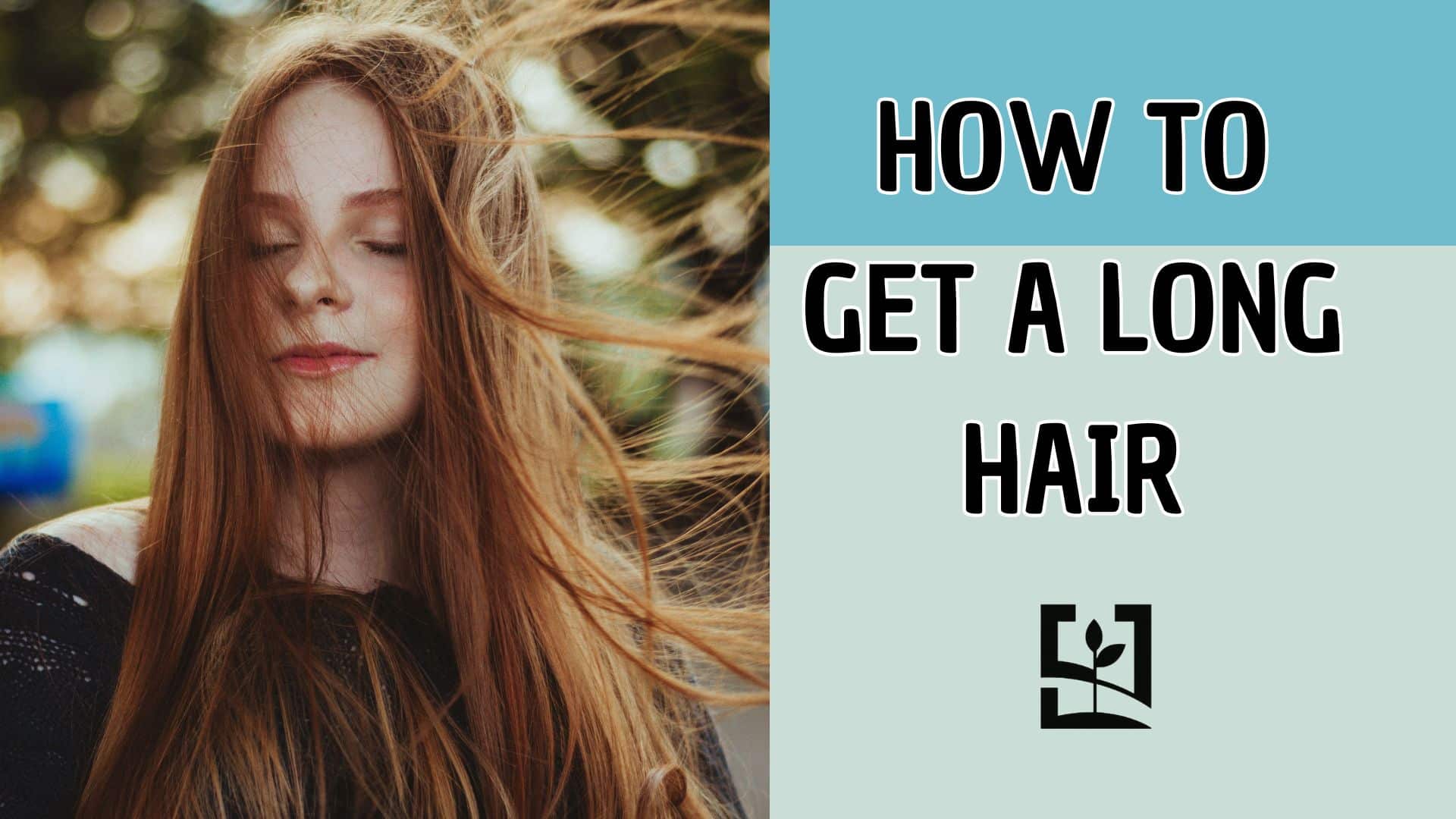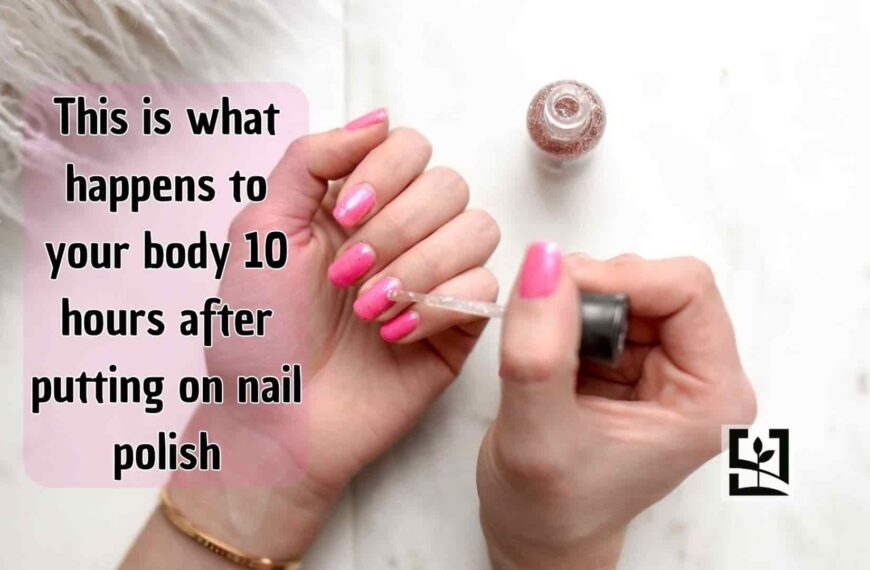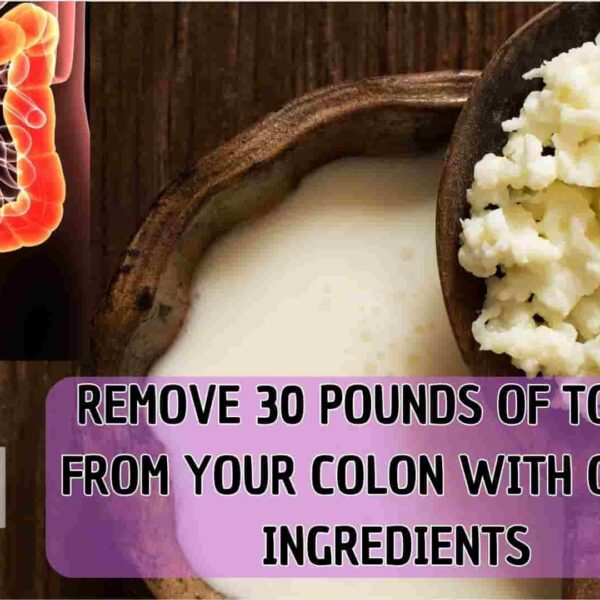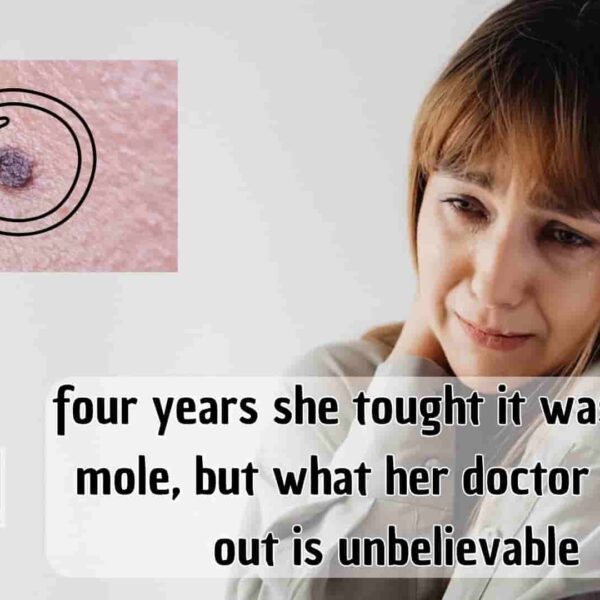Growing your hair long requires patience, care, and persistence. Here are step-by-step strategies for getting long, healthy hair:
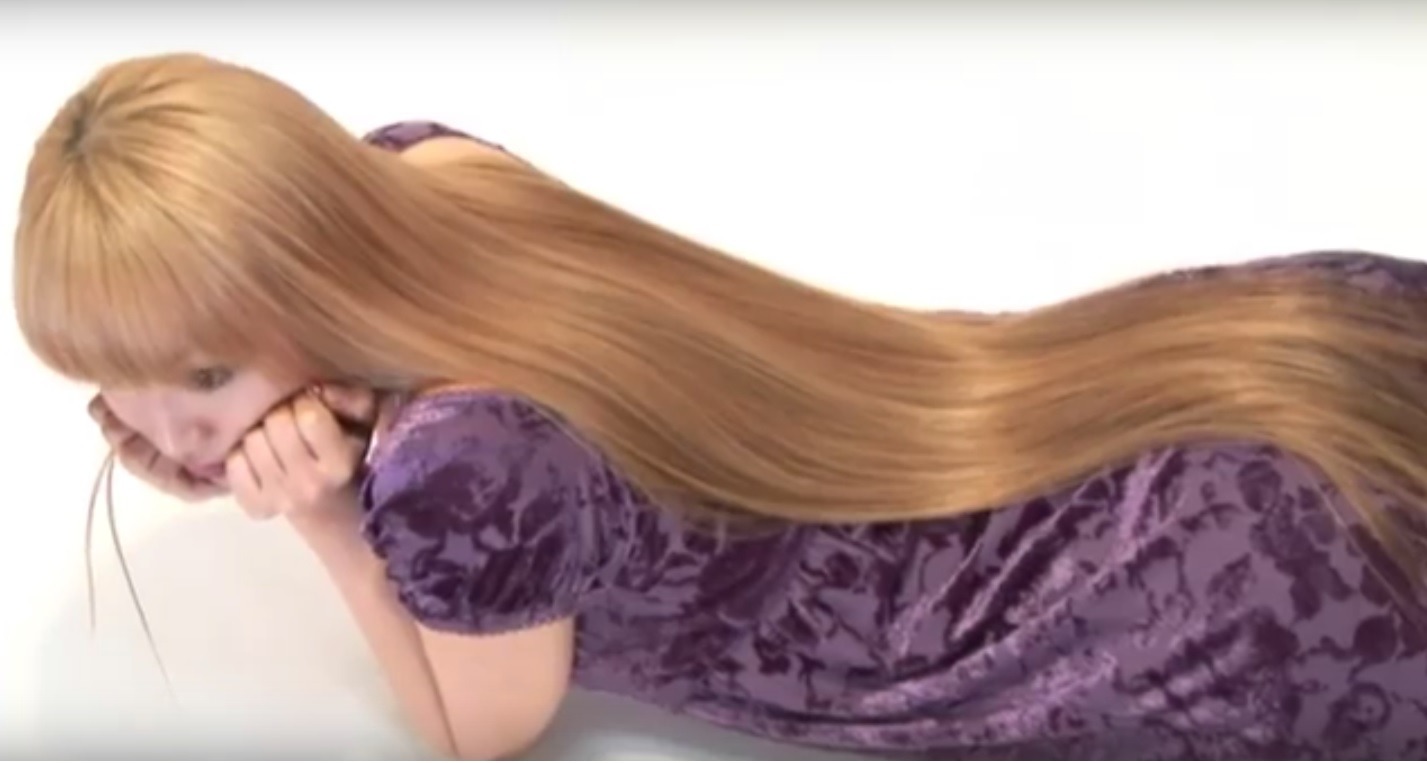
1. Healthy Diet: Hair growth requires a balanced diet rich in vitamins, minerals and proteins. Fruits, vegetables, lean proteins, whole grains and healthy fats should all be included in your diet.
2. Stay hydrated: Drink enough water to stay hydrated and promote healthy hair growth.
3. Get regular trims: Contrary to popular belief, trimming your hair every 8-12 weeks helps prevent split ends and makes your hair healthier overall.
4. Natural Hair Care:
– Use mild sulfate-free shampoo and conditioner to avoid stripping your hair of its natural oils.
– Wash your hair only 2-3 times a week to prevent it from drying out.
– Wash your hair with lukewarm water instead of hot water because hot water can damage your hair.
– Do not wipe vigorously with the towel, but gently absorb or squeeze out excess water.
5. Avoid heat styling: Limit or avoid use of heat styling devices like hair dryers, straighteners and curling irons. There is a possibility of heat damage and cracking.
6. Protective Styles: To prevent tangles and breakage, consider wearing your hair in protective styles, such as braids, buns or twists.
7. Use a wide-tooth comb: When your hair is wet, use a wide-tooth comb or your fingers to detangle your hair, starting at the ends and working your way down to the roots.
8. Hair oils and masks: Applying natural oils to your hair, such as coconut oil, argan oil, or jojoba oil, can provide nourishment. Use a hair mask or deep conditioner once a week to keep your hair nourished.
9. Avoid tight hairstyles: Hairstyles that pull on the hair, such as ponytails or very tight braids, can cause tension and breakage.
10. Silk or satin pillowcase: Sleeping on a silk or satin pillowcase can reduce friction and help prevent hair breakage.
11. Reduce chemical treatments: Reduce chemical treatments like hair dye, perms and hair straighteners which can weaken and damage hair.
12. Supplements: Consult a health care practitioner before taking any supplements for hair growth. Biotin and vitamin E are often recommended for hair health.
13. Patience: On average, hair grows about half an inch (1.25 cm) per month. Depending on where you start, it may take a few months to a few years to reach your desired length.
14. Stress Management: Stress can affect hair health. Engage in a stress-relieving hobby like yoga, meditation or regular exercise.
Remember, genetics can affect how fast and long your hair grows. Although not everyone’s hair will grow to the same length, by following these tips, you can maximize your hair’s growth potential while keeping it healthy.
Of course, to encourage healthy hair growth, here are some additional tips and exercises to consider:
1. Head massage: Massage your head regularly with your fingers. This increases blood circulation in the hair follicles, which promotes hair growth.
2. Onion Juice: Some people believe that applying onion juice on the head can promote hair growth. It contains sulfur, which increases blood flow to the hair follicles.
3. Aloe Vera: Aloe vera gel contains enzymes that can stimulate hair growth. Apply fresh aloe vera gel on your scalp and hair and wash off after about 30 minutes.
4. Egg Mask: Eggs are rich in protein and biotin, which promote hair growth. To make an egg mask, beat an egg and apply it on the scalp and hair for 30 minutes, then wash it off.
5. Stay active: Regular exercise can promote blood circulation and benefit hair follicles. Try to adopt a healthy, active lifestyle.
6. Avoid over-combing: Comb your hair gently to avoid breakage. Detangle your hair with a natural bristle brush or wide-tooth comb.
7. Henna Treatment: Henna is a natural plant pigment known to strengthen and enhance hair growth. It can also be used to condition and shine hair.
8. Protein-rich diet: Include protein-rich foods like lean meat, beans, lentils and dairy products, as protein is the main component of hair.
9. Vitamin-rich foods: Eat more foods rich in vitamins A, C, E and minerals like zinc and selenium, which are beneficial for hair health.
10. Avoid wearing tight caps: Wearing tight caps or covering the head for a long time can damage the hair roots and cause them to break.
11. Be consistent: Consistency is important. For best results, develop a hair care routine and stick to healthy practices long term.
12. Consult a professional: If you have specific hair concerns or are experiencing hair loss, it is best to consult a dermatologist or trichologist

